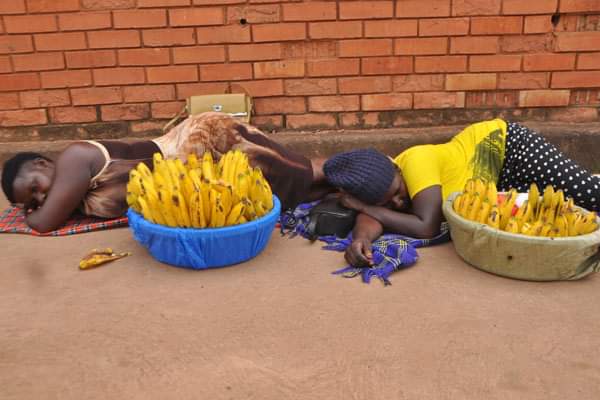Prime
Preventing violence against children should be a priority for all schools

Hadijah Mwanje
What you need to know:
- A 2012 study conducted by Raising Voices and the London School of Hygiene and Tropical Medicine in 42 primary schools in Luweero District found that the Good School Toolkit reduced the risk of physical violence by teachers and school staff against children by 42 per cent in the space of 18 months.
Preventing violence against children should be a priority for all schools
The phased reopening of Uganda’s schools is cause for a sigh of relief, if not outright celebration. The loss of educational gains experienced by children in this time will not be fully grasped for years to come, and there is much to be done to make up for the lost time.
The impact of Covid-19 on children cannot be ignored. The imposed lockdown measures and school closures have exposed children to significantly higher rates of physical, sexual, emotional and economic abuse. Countless children have been forced to beg for money or sell items on the streets to help their families make it through substantial loss of income and livelihoods.
Violence against children, which the Children (Amendment) Act of 2016 defines as “any form of physical, emotional, or mental injury or abuse, neglect, maltreatment, and exploitation, including sexual abuse, intentional use of physical force or power, threatened or actual,” has been on the rise since the Covid-19 lockdown measures began last year.
According to the National Child Helpline report – SAUTI 116 in March 2020, “pre-pandemic calls to the hotline reporting various forms of violence averaged 100 per day. From April 10 to 26, 2020, shortly after lockdown measures were put in place at least 21,904 calls were received with an average of 1,369 calls a day” – a 13-fold increase.
Rates of sexual violence, early and unwanted pregnancy and child marriage have since dominated media attention. A report by UNFPA in June 2020 showed that more than 6,000 girls had been impregnated in the first few months of the lockdown alone. Many of these girls will struggle to return to school, and the pandemic has highlighted how inaction and a lack of protective spaces put all children at a significantly higher risk of violence.
With the gradual reopening of schools, it is likely that cases of violence against children in schools will soon be on the rise. Teachers and children are returning to school en masse after extended lockdown, violence and trauma. Adherence to standard operating procedures (SOPs) in schools such as regular handwashing, mask-wearing and social distancing, is likely to be enforced through corporal punishment, lest teachers “spare the rod and spoil the child.” Action needs to be taken to ensure Uganda’s learners are returning to safe environments.
The Good School Toolkit is one such way of taking action in schools. The toolkit contains a set of ideas and activities that help educators and students explore what makes a good school and guides them through the process of creating one. These ideas have been tested and proven to prevent violence against children and focus on shifting the nature of relationships teachers form with students, creating opportunities for students to participate and promoting a more transparent and accountable school administration.
A 2012 study conducted by Raising Voices and the London School of Hygiene and Tropical Medicine in 42 primary schools in Luweero District found that the Good School Toolkit reduced the risk of physical violence by teachers and school staff against children by 42 per cent in the space of 18 months. The toolkit promotes students’ identification with their school, as well as their sense of safety and belonging.
We appeal to District Education Officers, head teachers, teachers, parents and learners to commit to making use of these materials to enable the creation of safer schools, focusing on how to help learners settle in after a long and traumatic time at home. We do not want to return to normal schooling where children are afraid to learn, but rather have the opportunity to create good, safe schools where the next generation can begin to heal and move forward.
The writer is programme officer, Raising Voices




